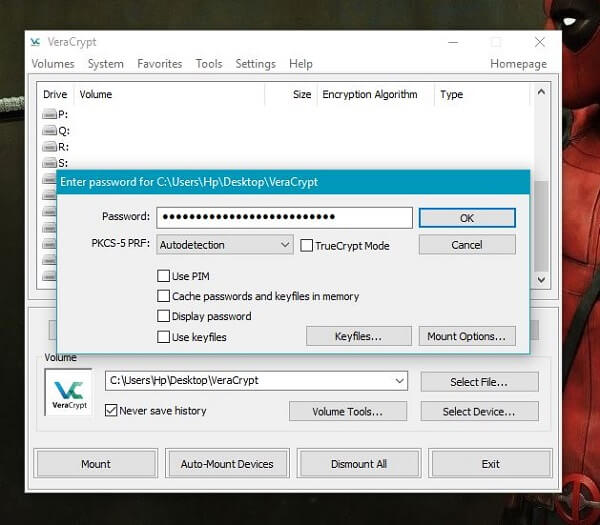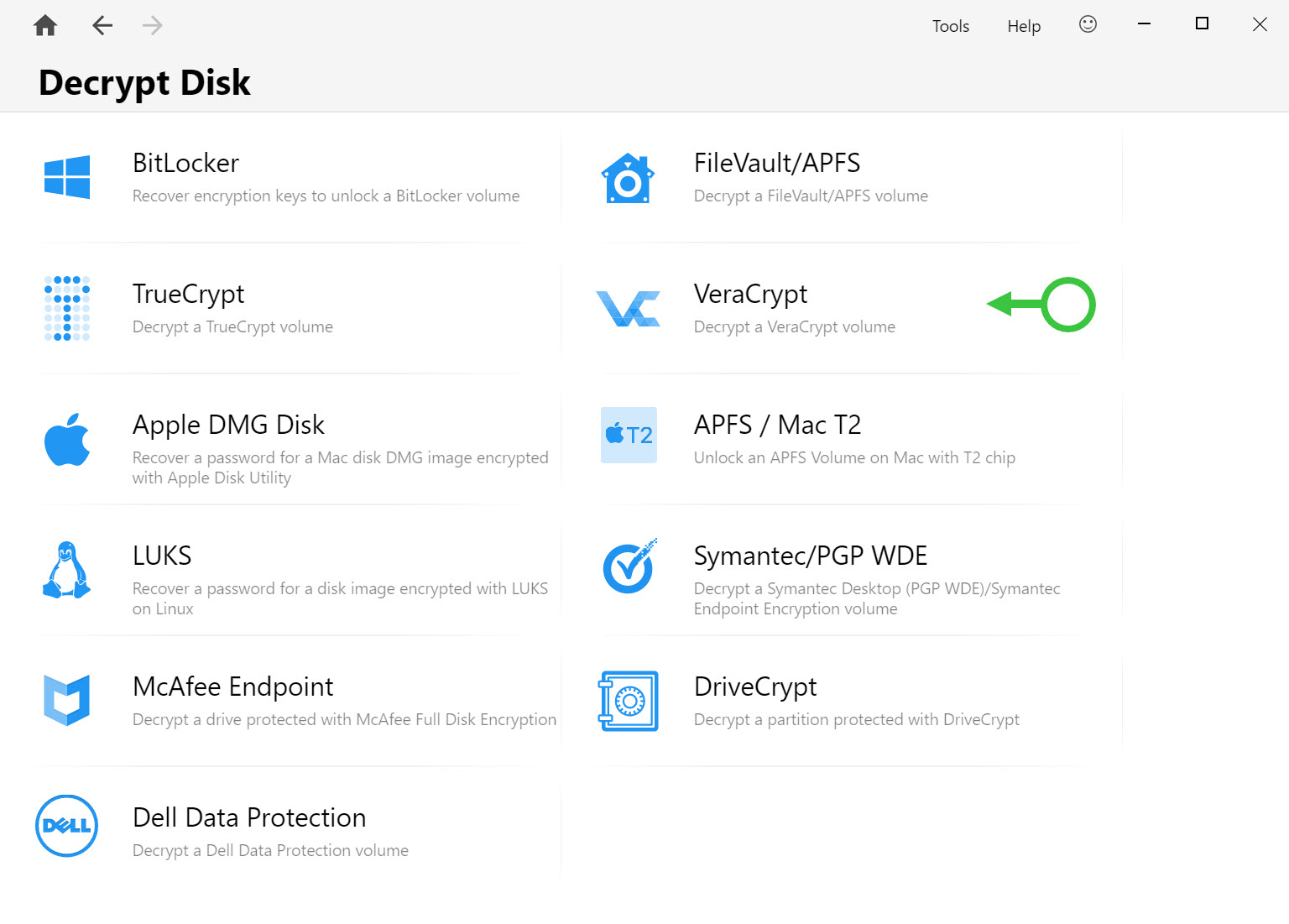

The ‘ Computer Management’ window should appear.


The most recent test I could find was this one from 2019, in which Ubuntu without any encryption was compared to Ubuntu with a LUKS-based full disk encryption. This test cites a 30 % slower file transfer rate on SSDs and almost no computing performance decrease: less than 0.1% Note though that the CPU they used – AMD Phenom II X4 905 – doesn't support AES-NI so this test is kinda of outdated unless you have a really old laptop. You won't normally notice anything performance wise, and the battery will probably drain a few percentages faster. So both performance and battery life on laptops takes a hit. The process tends to be marginally slower on encrypted partitions, but the differences are tiny. Running real-time encryption on your system drive has a performance impact, whether you're using Microsoft's BitLocker or TrueCrypt 6.3a. The same percentage decreases should also apply to smaller batteries. It resulted in a 1% runtime decrease for AES and 3% for AES-Twofish-Serpent. Regarding battery life, Tom's Hardware concluded We found that TrueCrypt had a performance impact on several benchmarks, but the impact is not noticeable if you work with popular desktop applications, in a reasonable manner. Tom's Hardware tested out TrueCrypt in 2009-2010 and the conclusions from 2009 was that So how bad is the CPU/GPU load? Well, not too bad assuming your processor supports the the AES-NI instruction set (all modern processors do more or less). So you probably only going to notice it while downloading or copying files, if ever. Intel calls this 'the AES-NI instruction set' and it allows reaching 2–3 GB/s rates for the same AES decryption. To avoid this issue, modern CPUs generally come with hardware-based AES support built in. Encryption adds extra CPU load, as each disk block needs to be decrypted by the OS on access. It will affect only disk access times, and depending on performance of your laptop you might not even see the difference. You will really just notice a difference when you transfer files to or from the disk. But this is the same with or without encryption. Startup tends to be particularly disk intensive, as the operating system and all your startup applications and data are read from (or written to) the disk. It’s simply something that happens as your computer reads and writes data to and from the encrypted disk. There’s no specific time when whole-disk encryption has more or less impact. My desktop can encrypt and decrypt AES (using VeraCrypt) at approximately 2.1 GiB/s at 100% load (all four cores used). That depends entirely on the encryption algorithm. U/Prunestand How much more work will encryption/decryption be for the CPU and GPU? If I did not encrypt my machine, would it cause my CPU and GPU to last longer?


 0 kommentar(er)
0 kommentar(er)
